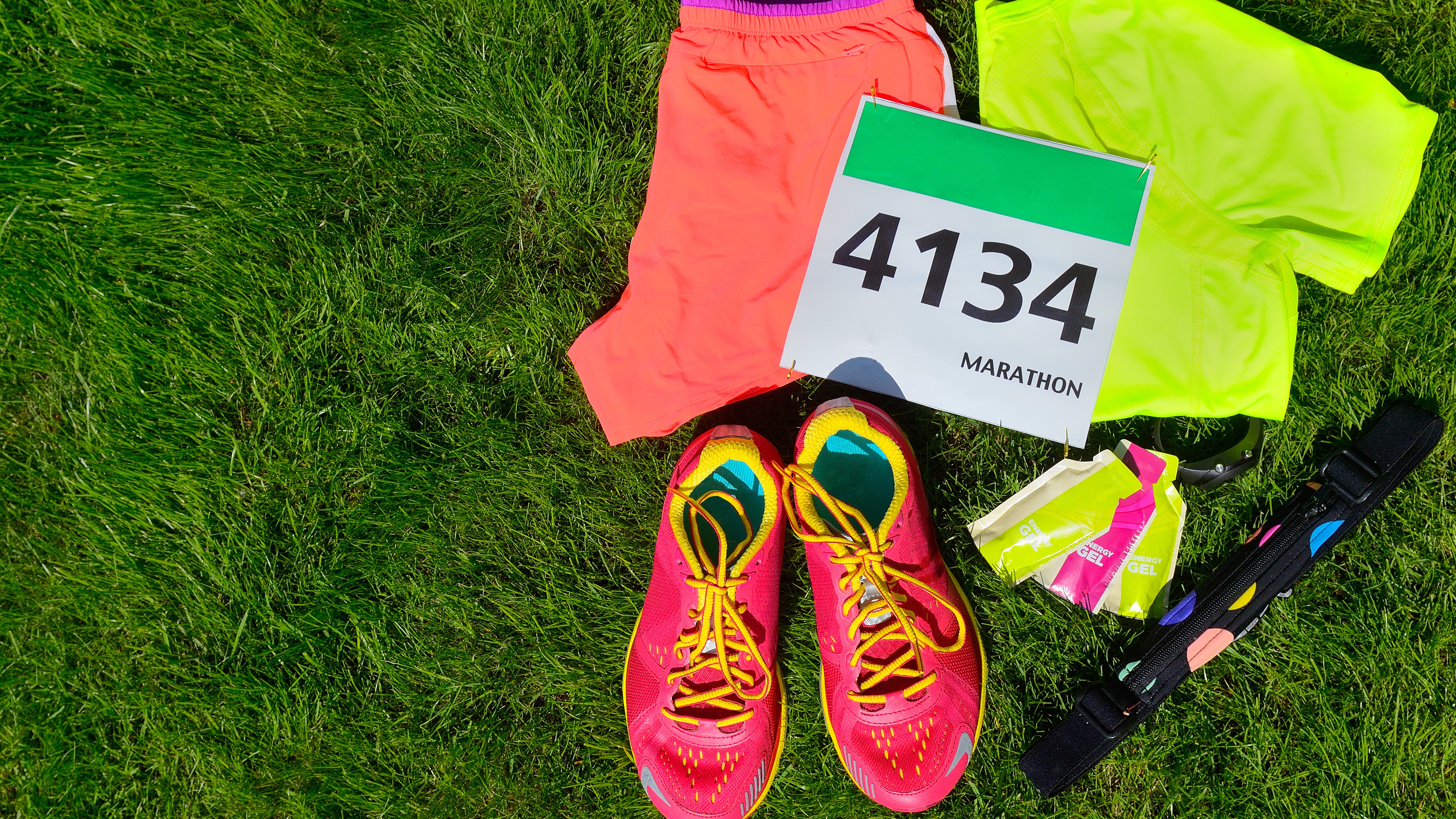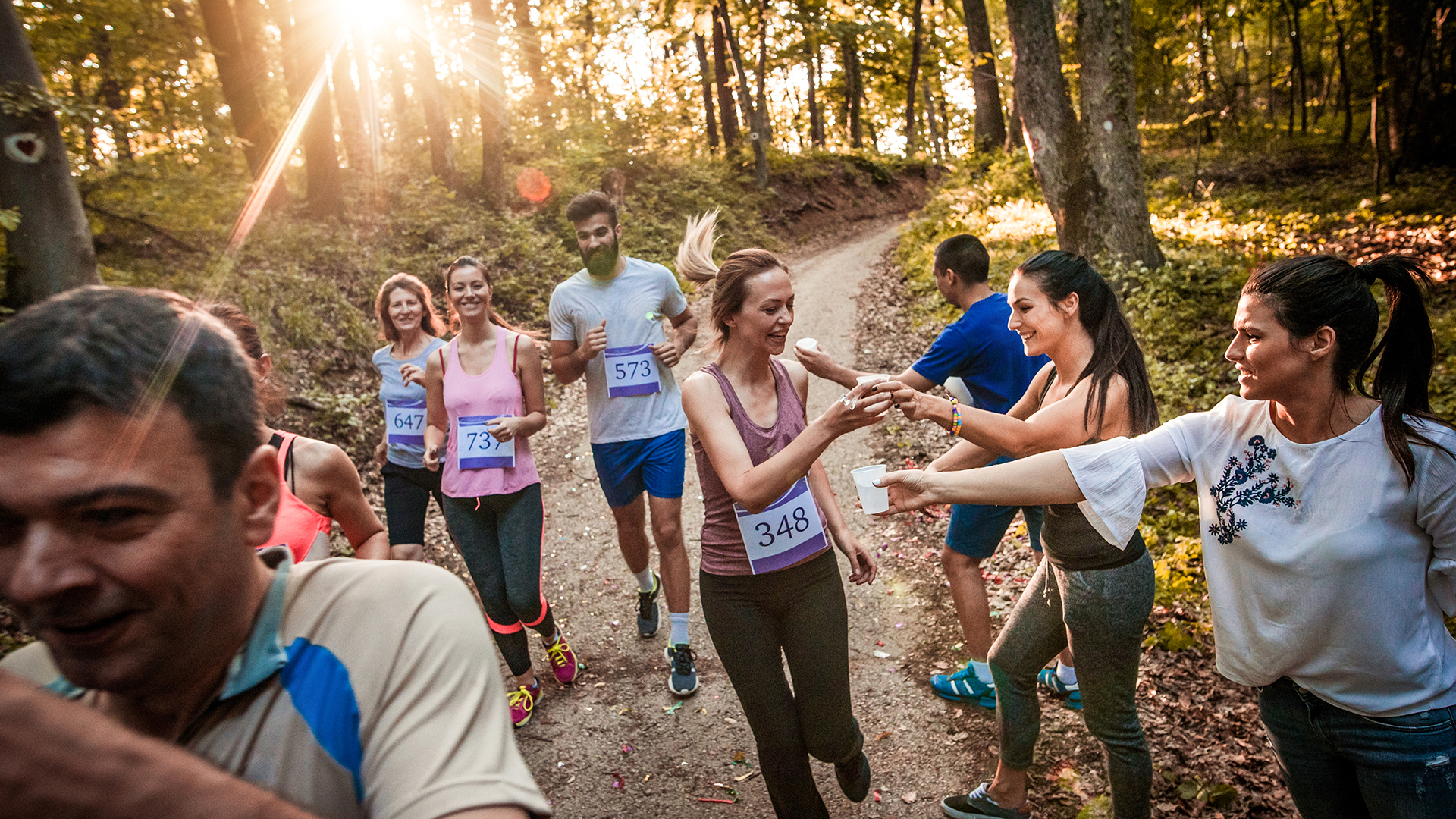Researchers have been quietly collecting urine samples at ultramarathons to study drug use – here's what they found
The purpose of the study was to compare the methods of sampling against questionnaires to gather data

All the latest inspiration, tips and guides to help you plan your next Advnture!
You are now subscribed
Your newsletter sign-up was successful
The results of a new study have shed light on the prevalence of drug use among ultra runners, finding that it is higher than self-reported questionnaires suggest. The research, which was headed up by the Ecole Nationale des Sports de Montagne in Chamonix and published this month in the journal Medicine & Science in Sports & Exercise, was designed to test whether or not sampling is more accurate than questionnaires.
For the study, 412 individual urine samples were collected from blind, automated urinals at the start of ultramarathon races. At the same time, 2,931 male and female runners in the same races completed an anonymous questionnaire about their drug use.
Just over a quarter of the runners who filled out the questionnaire reported using drugs, with 13.6% reporting the use of everyday painkillers acetaminophen and 12.9% using NSAIDs. According to the collected samples, however, drugs were present in nearly half (49.8%) and 16.3% of the samples contained one or more prohibited substances.

Substances detected in the urine samples included NSAIDs (22.1%), acetaminophen (15.5%), opioids (6.6%), diuretics (4.9%), hypnotics (4.4%), glucocorticoids (2.7%), beta-2 agonists (2.2%), cannabinoids (1.9%) and stimulants (1.2%). None of the samples contained suspicious testosterone or the substance erythropoietin-receptor agonists, better known as EPO, which is a type of blood doping that can help improve endurance.
The researchers concluded that drug use is high among male ultramarathon runners, but largely involves NSAIDs and painkillers, while performance-enhancing drugs are "marginally used." They assert that blind urine sampling is more accurate than questionnaires.
In February, we reported that Norwegian trail running champion Stian Angermund was "utterly bewildered" after testing positive for a banned substance following last year's UTMB. Angermund has been quiet since his announcement but said he expected not to be able to compete this summer while he defends his innocence.
All the latest inspiration, tips and guides to help you plan your next Advnture!
Julia Clarke is a staff writer for Advnture.com and the author of the book Restorative Yoga for Beginners. She loves to explore mountains on foot, bike, skis and belay and then recover on the the yoga mat. Julia graduated with a degree in journalism in 2004 and spent eight years working as a radio presenter in Kansas City, Vermont, Boston and New York City before discovering the joys of the Rocky Mountains. She then detoured west to Colorado and enjoyed 11 years teaching yoga in Vail before returning to her hometown of Glasgow, Scotland in 2020 to focus on family and writing.

